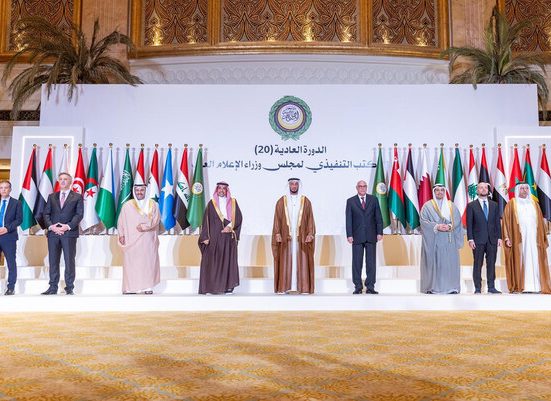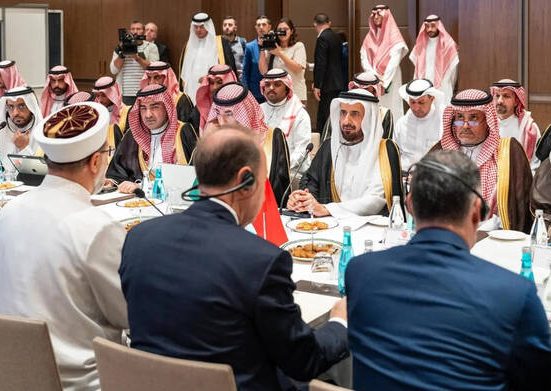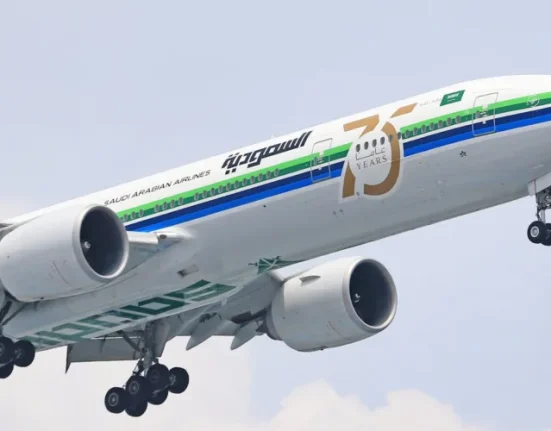RIYADH, SAUDI ARABIA
In a bold move aimed at improving living conditions for workers across the Kingdom, Saudi Arabia has introduced a fresh set of regulations governing shared housing facilities. The updated guidelines, which affect both private employers and accommodation providers, are expected to significantly raise the bar on safety, capacity, and general welfare standards in line with the country’s broader labour reforms.
The new policy framework mandates strict adherence to occupancy limits in shared housing units, effectively putting an end to overcrowded conditions that have long been a source of concern among rights advocates and public health officials. Each room will now be subject to a defined capacity threshold, with inspections to ensure compliance and penalties for violators.
In addition to limiting how many occupants can be housed in a single unit, the regulations also outline mandatory safety upgrades for all accommodation facilities. This includes installation of fire extinguishers, emergency exits, smoke detectors, and regular safety drills to minimise risk and protect lives in the event of emergencies. Ventilation, sanitation, and access to clean water are also highlighted as non-negotiable minimum standards.
Saudi authorities have also made it clear that all shared housing structures must now meet specific building codes and be equipped with proper documentation. This is particularly directed at employers in sectors like construction, manufacturing, and domestic work, where shared accommodations are widely used to house migrant labourers. Failure to meet these benchmarks could lead to fines, closure of facilities, or suspension of operating licences.
Officials from the Ministry of Municipal and Rural Affairs and Housing say the reform is part of the Kingdom’s ongoing efforts to improve living conditions for expatriate workers and ensure that employers fulfil their obligations under Saudi labour laws. It also reflects Saudi Arabia’s commitment to align with international labour standards and enhance its global reputation as a safe and fair destination for foreign workers.
With implementation already underway, monitoring teams have been deployed across key regions to enforce compliance and offer technical support to housing providers. Employers and accommodation managers have been urged to take immediate steps to upgrade facilities or risk being sanctioned.
This latest move by Saudi Arabia fits squarely within Vision 2030, the Kingdom’s strategic plan to modernise its economy and social infrastructure while promoting transparency, human dignity, and worker rights.







